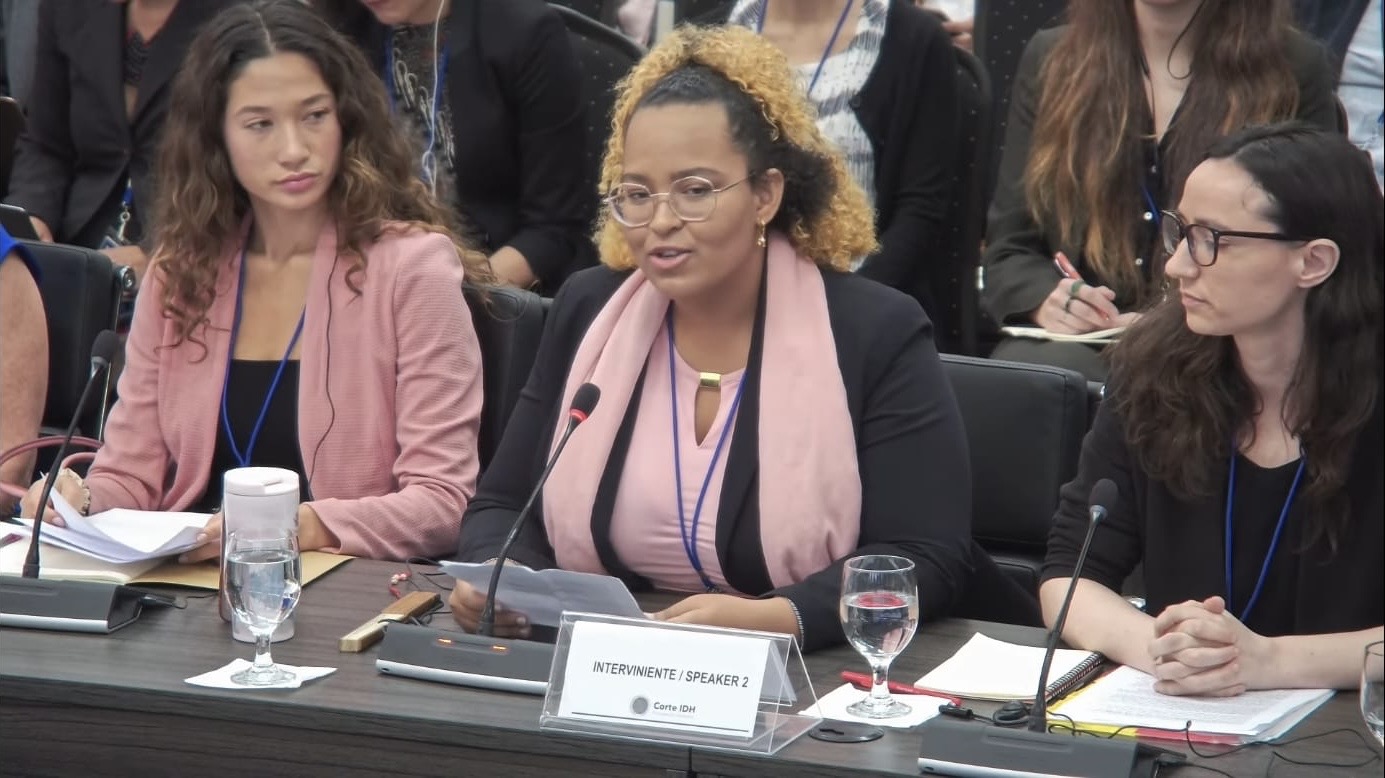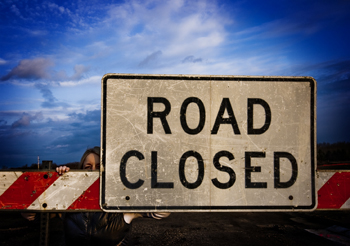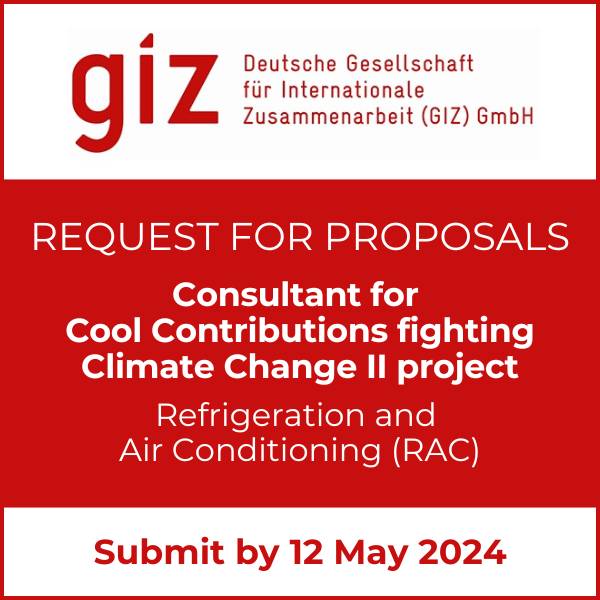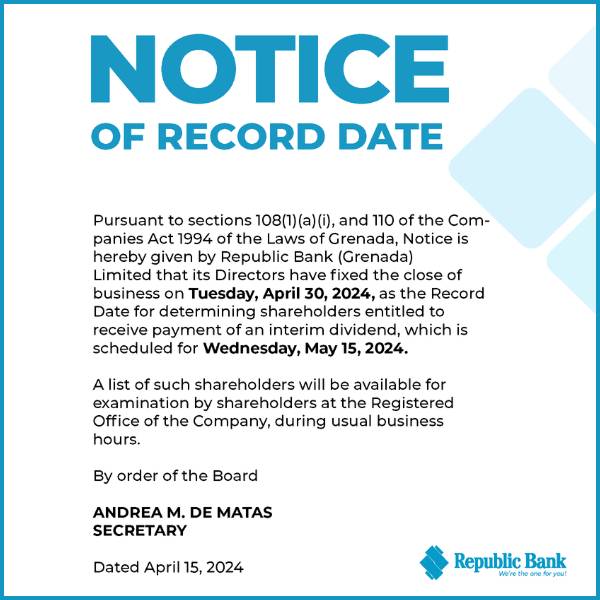by Dr Martin Forde
It would seem that just as quickly as Ebola burst upon our consciousness a few months ago, it has now beaten and faded away from our immediate attention in the face of current problems, demands, and challenges life brings upon all of us.
If one were to take a quick look at what is currently printed and sent out over the local electronic media today and compare this with what was being printed and said about Ebola just one month ago, one might be excused if they came to the conclusion that the specter of Ebola is now firmly in the rearview mirror. Just like the 2014 Chikungunya virus outbreak, or 2004 Hurricane Ivan, or indeed any other threat we have faced in the recent past, the 2014 Ebola outbreak, after having its 15 minutes of fame in the popular media spotlight has now been relegated to back pages of our immediate concerns. But has Ebola really gone away?
The answer to that question is an emphatic no if you happen to be living in one of the three West African countries where Ebola continues to wreck thousands of families, communities, and other vital pieces of the fabric that holds societies together. True, the World Health Organization (WHO) is reporting that much progress has been made in some of these countries, however, they continue to warn that the war is far from over and that much, much more will have to be done if the 2014 Ebola outbreak is to eventually be bought to heel.
But what about the Caribbean? Although not one single Ebola case has been recorded within this region of the world, the fear that one such case could appear at any given moment has rightfully provoked the region’s authorities to review policies, procedures, and healthcare infrastructures to see if they could withstand a ‘Hurricane Ebola’ if and when she decided to make landfall.
Indeed, much planning and training has taken place over the past two months to prepare for any Ebola case if one were to appear at one of our airports or marinas or any of our other ports of entries in our very porous boundaries. It would thus be quite useful to pause and review where we are in our preparations.
For example, if an Ebola case were to show up at the Maurice Bishop International Airport tomorrow, what would we do? That sounds like a very basic question with what would appear to be a very straightforward answer, however systematically reviewing how we would respond will prove to be not only very informative, but absolutely essential if we wish to ensure that we do not have any Achilles heel vulnerabilities in our response.
So, let’s say an Ebola case shows up at our airport. First question: How do we know (or not know) that s/he has Ebola? If there is strong suspicion of infection, where will we quarantine that person? At the airport? Or will the person be taken to the general hospital? Or has some other ‘special’ designated location been identified and prepped?
Once the decision has been taken to quarantine a suspected person, who will be assigned to handle his or her care? Have they all been trained? Do they have the requisite personal protective equipment to ensure that they themselves do not get exposed? When the soiled personal protective equipment is removed, who will dispose of it, how, and where?
These are just a few of the small but critical questions we will need concrete policies and procedure in place before we are faced with our first Ebola case.
We have been most fortunate that while the current Ebola outbreak has been the largest to date with over 17,000 cases with over 6,000 deaths, not one single Ebola case has occurred anywhere in the Caribbean region.
Whatever the reasons are for this very blessed, fortunate state of affairs we currently find ourselves in, none of us should allow this to lull us into the ‘Hurricane Janet’ syndrome. What’s that, you ask? Well, prior to the very rude and brutal awakening Hurricane Ivan gave us in 2004, the thought of a hurricane hitting Grenada was only a figment in the memories of those who were alive in 1955 to personally witness just what a hurricane could do to an unprepared populace.
While 10 years have now passed since Hurricane Ivan chewed up and spat the tattered remains of Grenada out, it is still reassuring to observe that the memory of this devastating hurricane has not completely left our consciousness and so our actions such as how and where we build our homes have been modified to ensure better protection if and when the sibling to Janet and Ivan decides to come and inspect our island again.
We need a similar mindset for Ebola. It may be 10, 20 or more years before we get our first Ebola case. Indeed, we may never have an Ebola case. However, in a world where deadly infectious pathogens are popping up at an increasingly worrying clip, saying that we will never have a person with a deadly infectious disease show up in Grenada is a bit like the ostrich sticking its head in the sand.
Ebola hasn’t come… yet. That doesn’t mean it can’t or never will. Now is the time to get our house in order and try to fix any weak or deficient procedures for when that first case arrives if we try to do so then, it will be like trying to fix a broken window in the middle of a Category 4 hurricane.
Remember, preparation and prevention are far more effective than any reactive or curative approaches. Taking and making concrete actions now, even in the current absence of a single Ebola case, are the much preferred and beneficial approach to take. Let’s do so now with a keen sense of urgency and commitment.





















